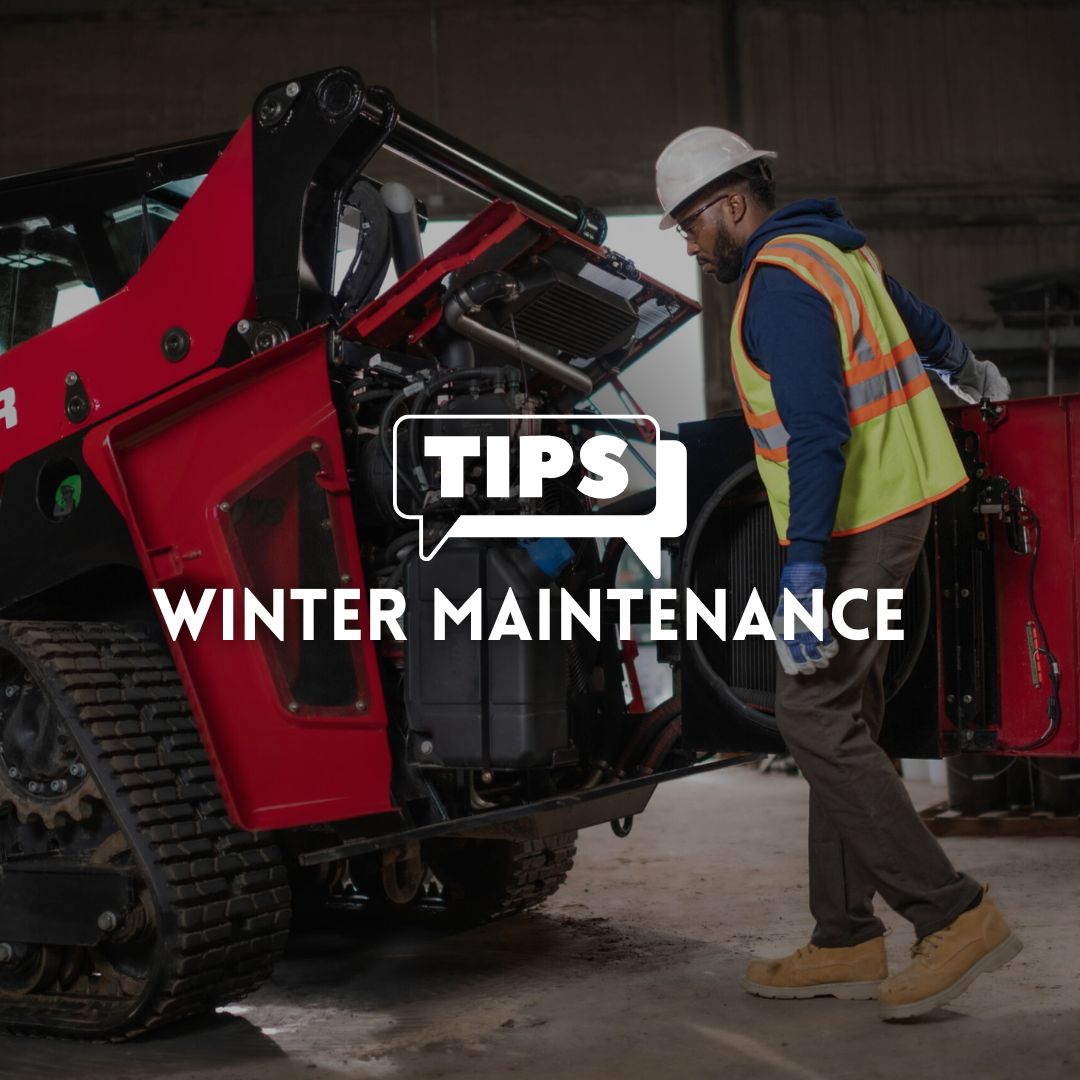Tennessee weather sure likes to keep us on our toes, doesn’t it? One day it’s snowing, and the next, it’s warming up enough to make you question your coat choice. But no matter how quickly the temps bounce back, the cold can be tough on your diesel machines. Whether you’re running tractors, skid steers, or any other diesel-powered equipment, a little winter maintenance goes a long way toward avoiding headaches and costly repairs.
Here are some practical tips to keep your diesel equipment running smoothly, even when the mercury dips below freezing.
Fuel Gelling: A Real Winter Woe
Diesel fuel can start to gel when temperatures drop below 32°F. If it gets down to 15°F or colder, you’re likely to run into trouble with clogged fuel filters or engines that just won’t start. To avoid this, consider using winterized diesel fuel or adding anti-gel additives to your tank. If you’ve already filled up with regular diesel, an additive can still help keep the fuel flowing.
It’s also a good idea to keep the tank full. This reduces the chances of condensation forming inside the tank, which can freeze and block fuel lines. It’s a simple step that can save you a big headache down the road.
Battery Blues in the Cold
Cold weather is notorious for draining battery power. At 0°F, a battery’s strength can drop by as much as 60%. When the temperature hits 20°F or below, it’s wise to check your battery’s voltage to make sure it’s fully charged. A weak battery might leave you stranded, and nobody wants to be stuck in the cold trying to jump-start a stubborn machine.
Make sure all battery connections are clean and tight. Corrosion on the terminals can interfere with power flow, so give them a good cleaning if needed. If you store your equipment in an unheated shed or barn, consider using a battery warmer to help maintain charge and make cold starts easier.
Don’t Skip the Warm-Up
Diesel engines are built tough, but they need a little TLC to get going in the cold. When the temperature is below freezing, give the engine some time to warm up before putting it to work. Letting it idle for at least 5-10 minutes allows oil to circulate and reach operating temperature, reducing strain on internal parts.
Also, avoid high RPMs until the engine is fully warmed up. Cold oil doesn’t flow as well, which can lead to unnecessary wear and tear. Taking a few extra minutes to warm up the engine can make a big difference in how smoothly your equipment runs.
Keep Fluids Flowing
Cold temperatures can thicken fluids, making it harder for your equipment to operate smoothly. Switching to a winter-grade engine oil with lower viscosity, like 5W-40, helps it flow better in cold weather. Don’t forget to check hydraulic fluids, too—using a cold-weather-rated fluid will keep your attachments running smoothly.
It’s also important to keep an eye on coolant and antifreeze levels. Make sure the coolant system is filled to the correct level and is rated for the lowest expected temperatures. A 50/50 mix of antifreeze and water typically protects down to -34°F, so double-check before the next cold snap hits.
Store Smart, Start Easy
If possible, store your equipment indoors or under cover. If that’s not an option, consider using an engine block heater. These plug into a standard outlet and keep the engine warm, making cold starts easier. You can also use fuel tank heaters or fuel line heaters to prevent gelling if temperatures are expected to drop below 15°F.
Another trick is to cover the radiator using a winter front or grill cover. This helps maintain engine temperature in extremely cold conditions, so you’re not fighting against the elements just to get your equipment warmed up.
Check the Basics
Don’t forget about the basics! Cold weather causes tires to lose pressure, which affects traction and stability, so check and adjust as needed. Also, make sure brakes are responsive and lights are functioning properly, especially if you’re working in low-visibility winter conditions.
While you’re at it, inspect safety equipment like seat belts and ROPS (Roll-Over Protection Structures) for any signs of wear or damage. A quick once-over before you fire up the engine can go a long way toward keeping you safe on the job.
Keep Your Equipment Running Strong
A little preparation goes a long way toward keeping your diesel equipment running smoothly all winter long. If you need supplies, maintenance, or just some good old-fashioned advice, swing by Harris Trading Company. We’ve got winter-grade oils, anti-gel additives, and even rentals if your own equipment needs a break from the cold.
Stay warm, stay safe, and keep those diesel engines purring!
Need Help or Have Questions?
Visit us at Harris Trading Company in Lebanon, TN, or give us a call.
Our team is here to help you keep your machines running strong, no matter what the weather throws our way.

Be The First To Comment